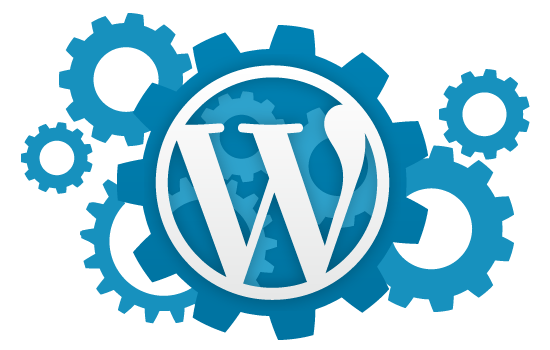WordPress remains a behemoth in the website-building world, powering over 43% of all websites on the internet. But in 2023, with options like Wix, Squarespace, and Webflow gaining traction, is WordPress still the undisputed champion? Let’s dive into its strengths, weaknesses, and how it compares to other popular platforms.
WordPress: The OG of Content Management Systems
Launched in 2003, WordPress has come a long way from its blogging roots. Today, it’s a powerful and versatile platform used for everything from blogs and portfolios to e-commerce stores and complex enterprise websites. Here are some of its key strengths:
- Unmatched Flexibility: WordPress’s plugin and theme ecosystems are unrivaled. With thousands of free and premium options, you can customize your website to your exact needs and desires, regardless of your technical expertise.
- SEO Advantage: WordPress is inherently SEO-friendly, offering plugins like Yoast SEO to optimize your content for search engines.
- Open-Source Community: With a vast and active community of developers and users, you can find endless support, resources, and troubleshooting solutions online.
- Affordability: While some premium themes and plugins can cost money, WordPress itself is open-source and free to use. You can find affordable hosting plans to set up your website without breaking the bank.
But is WordPress Perfect? Not Quite…
Despite its strengths, WordPress isn’t without its downsides:
- Steeper Learning Curve: Compared to drag-and-drop website builders, WordPress has a slightly steeper learning curve. While it’s still user-friendly, it might require some initial effort to get comfortable with its interface and functionalities.
- Security Concerns: As an open-source platform, WordPress can be more vulnerable to security breaches if not properly maintained and updated. Regular plugin updates and strong security plugins are crucial.
- Performance Considerations: Depending on your hosting plan and plugin usage, your WordPress website can experience performance issues if not optimized correctly.
How Does WordPress Stack Up Against the Competition?
Let’s see how WordPress fares against some popular alternatives:
- Wix: Wix is a drag-and-drop website builder known for its ease of use and user-friendly interface. While it offers less flexibility than WordPress, it’s ideal for beginners who want a quick and visually stunning website.
- Squarespace: Similar to Wix, Squarespace focuses on ease of use and offers beautiful design templates. It’s perfect for creatives and businesses looking for a sleek and stylish website without the technical complexities.
- Webflow: Webflow bridges the gap between website builders and traditional coding, offering visual design tools with more backend control. It’s a good choice for designers and developers who want a powerful and flexible platform without writing code.
So, Who Wins? The Answer Depends…
There’s no single “best” platform, as the ideal choice depends on your specific needs and technical skills. Here’s a quick breakdown:
- Choose WordPress if: You need ultimate flexibility, control, and an SEO-friendly platform. You’re comfortable with a slightly steeper learning curve and managing website updates.
- Choose Wix or Squarespace if: You’re a beginner who wants a user-friendly, drag-and-drop website builder with beautiful design templates. You prioritize ease of use over ultimate control.
- Choose Webflow if: You’re a designer or developer who wants a powerful, flexible platform with visual design tools and some backend control. You’re comfortable with some coding knowledge.
Ultimately, the best platform is the one that empowers you to create the website you envision. Take your time, research your options, and choose the platform that best suits your skills, budget, and website goals.
Beyond the Platform: Remember the Essentials
Regardless of your chosen platform, remember these essential ingredients for website success:
- High-quality content: Create valuable and engaging content that resonates with your target audience.
- Clear navigation: Make sure your website is easy to navigate and users can find what they’re looking for quickly.
- Mobile-friendliness: Ensure your website looks and functions flawlessly on all devices, especially mobile phones.
- Regular updates: Keep your platform, plugins, and themes updated to maintain security and performance.
With the right platform, well-crafted content, and attention to user experience, you can build a website that stands out in the online sea

